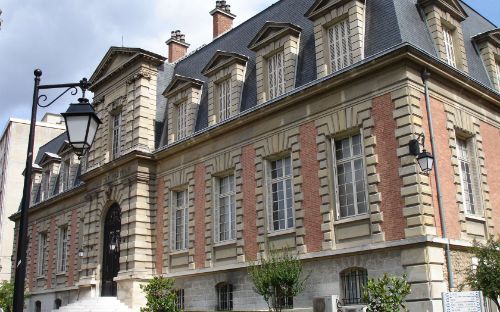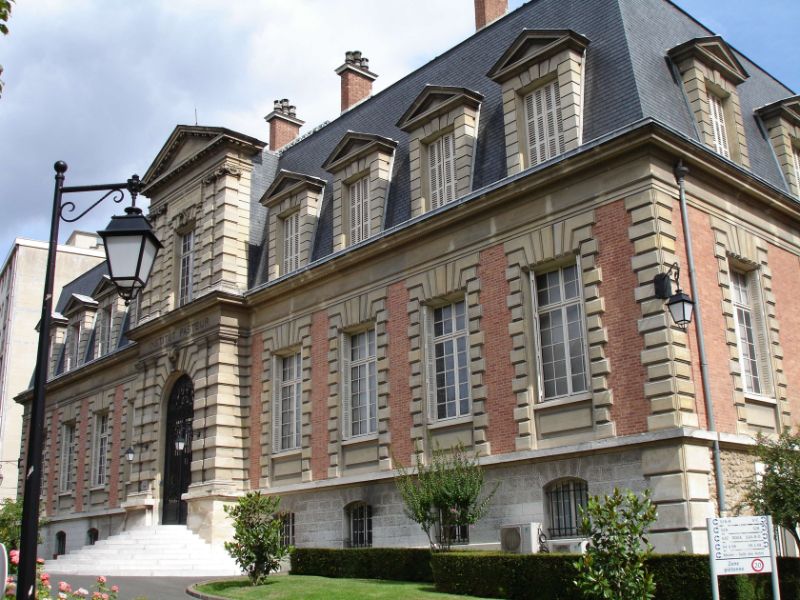Pasteur Museum and its collection
The Musée Pasteur (Pasteur Museum) is a museum in Paris that is dedicated to Louis Pasteur (1822-1895), who was a French biologist, microbiologist and chemist renowned for his discoveries of the principles of vaccination, microbial fermentation and pasteurization. The museum is located in the Pasteur Institute. The Pasteur Museum preserves the apartment where Pasteur spent the last seven years of his life, as well as a space where around 1000 scientific instruments are exhibited and a Neo-Byzantine chapel where Pasteur is buried.
Science & Technology History & Anthropology Historic house Person & Artist Religion
#41 History & Anthropology in Paris #11 Science & Technology in Paris #25 Historic houses in Paris #22 Person & artist museums in Paris #7 Religion museums in Paris #168 Science & Technology in France #181 Historic houses in France #100 Person & artist museums in France #49 Religion museums in France


